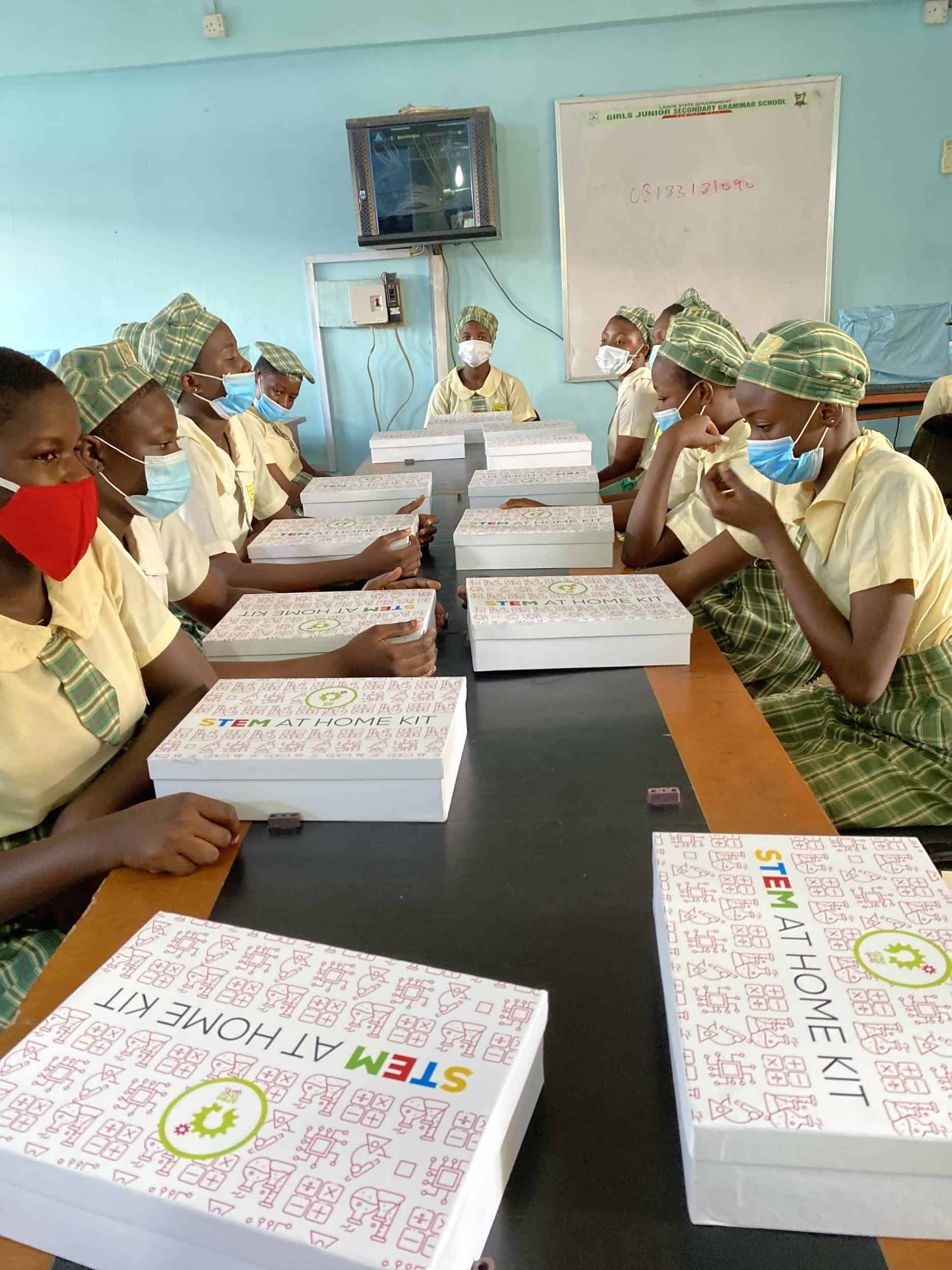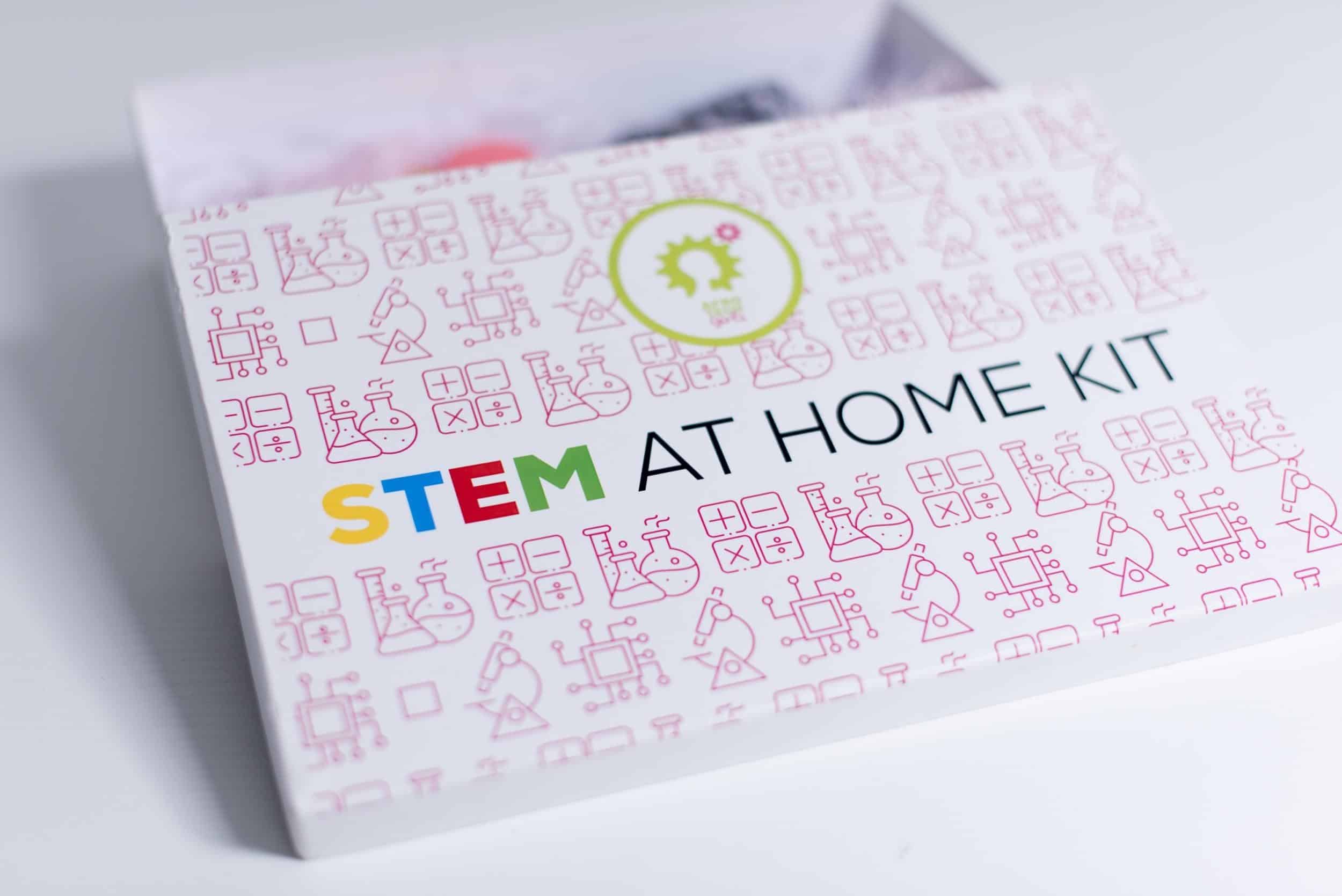As parents, encouraging STEM learning in our children outside of school is something we should make intentional. When children are young, their instincts of tasting everything they come across by putting it in their mouths; touching things to see how they feel, and inquisitively taking things apart to see if they still work are tales that most parents can relate to. As soon as toddlers learn to crawl, they want to explore walking and then running. Once they begin to talk, they often bombard adults with questions to which they need answers; often ranging to subjects like “where do babies come from?” or even “why is the sky blue?”.

Science and the other STEM subjects are from this aspect, an opening door to exploration, investigation, research, and discoveries that eventually change and establish facts. Here are three (3) ways you can encourage STEM learning out of school
Books + Articles + Documentaries
As parents, we encourage children all the time to explore and this can be done in many ways; within school settings children may learn certain values and facts which can then be discussed and analyzed at home too. Talking with children and communicating with them about what they have learned, allowing them to reflect on the knowledge, sharing and comparing the information with personal beliefs, misconceptions or real-life examples can often allow children to develop more confidence in the learned concepts. It is also a way to reinforce what we as parents know and keep up to date with the developments in these areas.
Reading books, articles, online resources together and encouraging children to watch documentaries that allow them to access STEM facts is also vital at the early stages of children’s learning.
After-School Activities + Practical Workshops
Furthermore, encouraging children to take advantage of activities like after-school clubs or weekend/holiday camps; can also be a very good way of engaging children to build more confidence in STEM subjects. I often arrange and host activities; such as slime making, exploding volcanoes, water rockets, bridge building challenges, bath bombs, and cosmetics workshops. These activities often yield increased confidence in practical work, engagement, and progress.

Home Experiments
More recently, as we all experienced local, national, and international lockdowns; I discovered yet another new and innovative way of engaging children with STEM activities. This led to the idea for the STEM AT HOME Kit by Afro-Tech Girls. Teaching Africa CIC was able to guide us through our experience in the educational sector; by curating the content for the kits. The Kit includes two experiments – creating a prosthetic arm and lip balm. 
This enhanced practical experience can also boost confidence and abilities in STEM subjects. Linking this activity to social media on Instagram allows all students who partake in these activities to collaborate and share their ideas. For more information on the kits, please visit www.afrotechgirls.org/shop.
Although not exclusive, this is a glimpse of what parents and guardians can do to encourage STEM learning outside of school. It is vital to remember that one strategy may benefit one child but not all. Therefore, my advice would be to try different ways discussed to identify the best strategies for individual children.
Contributed by Dr. Sajida Ita (BSc, MSc, PGCE, Ph.D., MEd, MCCT, MRSC, SLE) for @AfroTechgirls
About the writer
Dr. Sajida Ita is the director for Teaching Africa CIC[contact], a Specialist Leader of Education (SLE), Teacher of Science, proud mother of three beautiful children aged 9-15 years, and wife to a lovely husband who is also a Teacher of Mathematics.
She is a passionate ambassador of Teaching and Learning Science; and her devotion to the subject is rooted in the firm belief that like all children, her love for Science was embedded in the natural curiosity of establishing the truth of the world and the systems that surround her.
Read How to Teach Children to be Entrepreneurs from an Early Age


